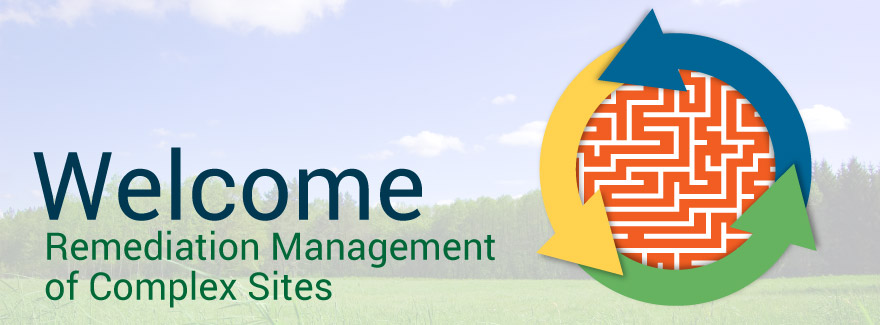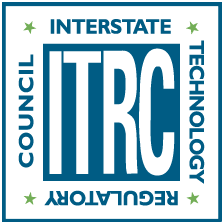
At some complex sites, site-specific conditions make it difficult to fully remediate environmental contamination. Both technical and nontechnical challenges can impede remediation and may prevent a site from achieving federal- and state-mandated regulatory cleanup goals within a reasonable time frame. For example, technical challenges may include geologic, hydrogeologic, geochemical, and contaminant-related conditions as well as large-scale or surface conditions. In addition, nontechnical challenges may also play a role such as managing changes that occur over long time frames, overlapping regulatory and financial responsibilities between agencies, setting achievable site objectives, maintaining effective institutional controls, redevelopment and changes in land use, and funding considerations.
This ITRC guidance, Remediation Management of Complex Sites, provides a recommended, holistic process for managing complex sites, termed “adaptive site management”. This process is comprehensive, flexible, and iterative; it is well suited for sites where there is significant uncertainty in remedy performance predictions. Adaptive site management includes setting short-term interim objectives and long-term site objectives that reflect both technical and nontechnical challenges. The remedial approach may involve multiple technologies at any one time and changes in technologies over time. Comprehensive planning and scheduled evaluations of remedy performance help decision makers track remedy progress and adjust the remedy, if needed, to stay on track to achieving short-term interim objectives. Long-term planning can also improve the timeliness of remedy optimization, reevaluations, or transitions to other technologies or contingency actions.
This ITRC guidance document describes the following practical steps to manage the remediation process at complex sites:
- Identify and integrate technical and nontechnical challenges into a holistic approach to remediation.
- Use the Remediation Potential Assessment to identify whether adaptive site management is warranted due to site complexity.
- Understand and apply adaptive site management principles.
- Develop a performance-based long-term management plan.
- Apply well-demonstrated techniques for effective stakeholder engagement.
- Access additional resources, tools, and case studies most relevant for complex sites.
- Communicate the value of the guidance to regulators, practitioners, community members, and others.
Ultimately, using this guidance can lead to better decision making and remediation management at complex sites. The guidance is intended to benefit a variety of site decision makers, including regulators, responsible parties and their consultants, and public and tribal stakeholders. Case studies describe real-world applications of remediation and remediation management at complex sites.
Click here to view our most recently recorded web seminar via CLU-IN.
Published by the Interstate Technology & Regulatory Council, October 2017


